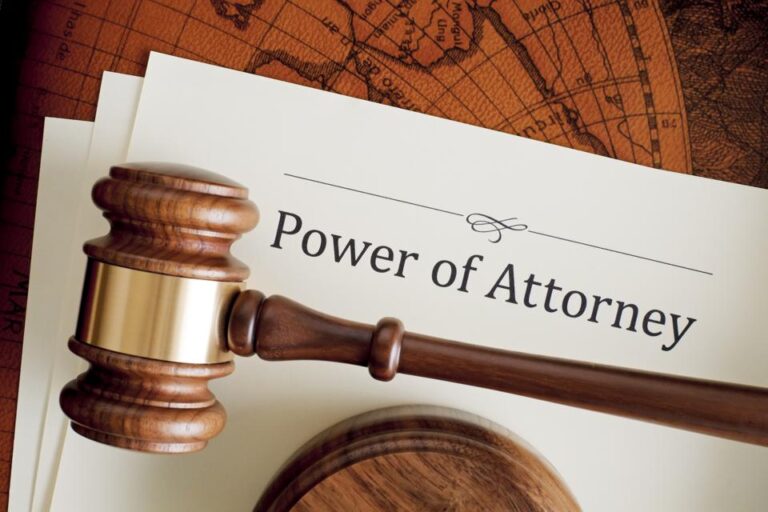Guardianship in California – What is a Guardian?

In California, the need for guardianship is growing as the numbers of aging adults with diminished capacity increase. In this blog post, I explain what a guardian does, as well as a guardian’s powers and limitations.
What is a Guardian?
A guardian is a person who is appointed by the probate court to make medical, placement and other decisions for an incapacitated person.
When is a Guardian necessary?
A guardian is necessary when an individual, often an elder adult, loses the capacity to make informed medical decisions. This can be due to the onset of dementia, physical illness or medical condition, alcohol abuse disorder or another reason. If the incapacitated individual does not have an existing power of attorney for health care or patient advocate designation, a guardian is necessary to give authority to another person to make medical or placement decisions.
What is the Difference Between a Guardian and a Fiduciary?
There is no difference between a guardian and a fiduciary. A “fiduciary” is a person who holds a position of trust over another person. When you are appointed as a guardian, you are acting in a position of trust over the ward. Therefore, you are acting in a fiduciary capacity.
How is a Guardian Appointed?
You, or another interested person can file a Petition for Guardianship. You must file this petition in the probate court. The probate judge will appoint you, or someone you nominate, as a limited or full guardian.
Where Can a Guardian Be Appointed?
You can file a Petition for Guardianship with the probate court in the county where the incapacitated individual resides or is present. In other words, your parent might have a home in one county but could be staying with you or in a hospital or nursing home in a different county. You can file for guardianship in any of these counties.
Who Can Be Appointed as a Guardian?
Any interested person can ask to be appointed guardian. An adult child or other family member, caregiver or friend can be a suitable guardian. If there are no available family members, or the family members are unable or unwilling to accept the responsibility, the court can appoint a professional guardian. There are also circumstances, where a family member might be willing to act as Guardian but the Court finds that the person is unsuitable. A professional guardian may also be appointed in that circumstance.
What Powers Does a Guardian Have?
Medical: The guardian may consent for the incapacitated individual to receive medical or other professional care, treatment and service. The guardian can speak with medical providers and review medical records for the incapacitated person.
Do Not Resuscitate Order: The guardian may execute, reaffirm and revoke a do-not-resuscitate (DNR) order on behalf of the ward. However, there are specific requirements that the guardian must meet in order to implement a DNR. These include speaking with both the incapacitated individual 14 days ahead of signing the DNR to discuss the proposed order, if meaningful communication is possible, and speaking with the individual’s attending physician.
Placement: The guardian has custody of the ward. The guardian has the power to place the ward in assisted living or nursing residential care.
Financial: If the ward has less than $5,000.00 in assets and has a modest income, the court can allow the guardian to manage the ward’s financial affairs.
Apply for Benefits: The guardian may apply for social security benefits, disability benefits and other benefits for the ward if there is no conservator appointed.
What Restrictions Does a Guardian Have?
Real Property: A guardian does not have authority to sell the incapacitated individual’s house or other real property. Only a conservator has this authority. A guardian would have to file a separate petition with the probate court to be appointed as a conservator in order to sell real property.
Assets over $5,000.00: Similarly, a guardian does not have the authority to manage the individual’s assets in excess of $5,000.00. For example, say that you have been appointed guardian. The individual may have less than $5,000.00 at the time you are appointed. However, he or she then receives an inheritance of $40,000.00. At that point, you would need to file for a conservatorship to have the authority to manage the additional funds.
Voting: A guardian does not have the right to vote for an award. The guardian can obtain the ballot and explain the options to the ward.
Enumerated Powers: A limited guardian only has those powers that the Letters of Guardianship provide for. For instance, if you just have power over medical decisions, you cannot decide where the ward should live.
What Duties Does a Guardian Have?
Visit the ward: A guardian must visit the ward no less than once every three months.
Annual Guardian Report: A guardian is required to file a Report of Guardian each year with the probate court. This is done on the anniversary of the issuance of Letters of Guardianship. The court will send out a reminder.
Change of Address: A guardian must promptly report the ward’s change of address to the probate court.

We routinely handle California guardianship and conservatorship matters at Lynx Legal Service. We welcome you to contact our law office with any questions you have regarding the guardianship of a loved one.




